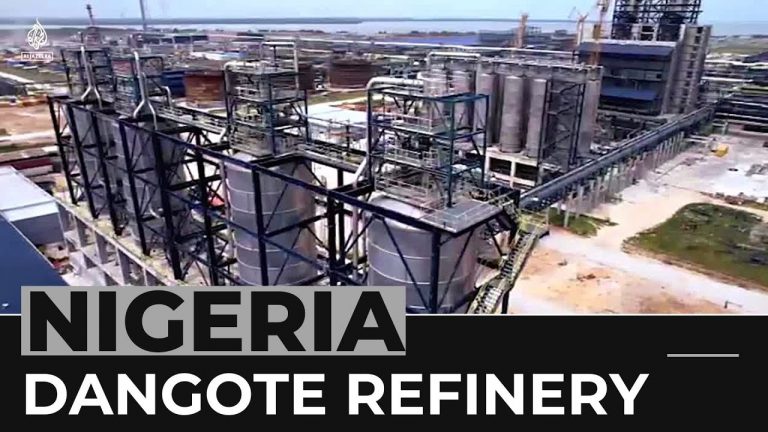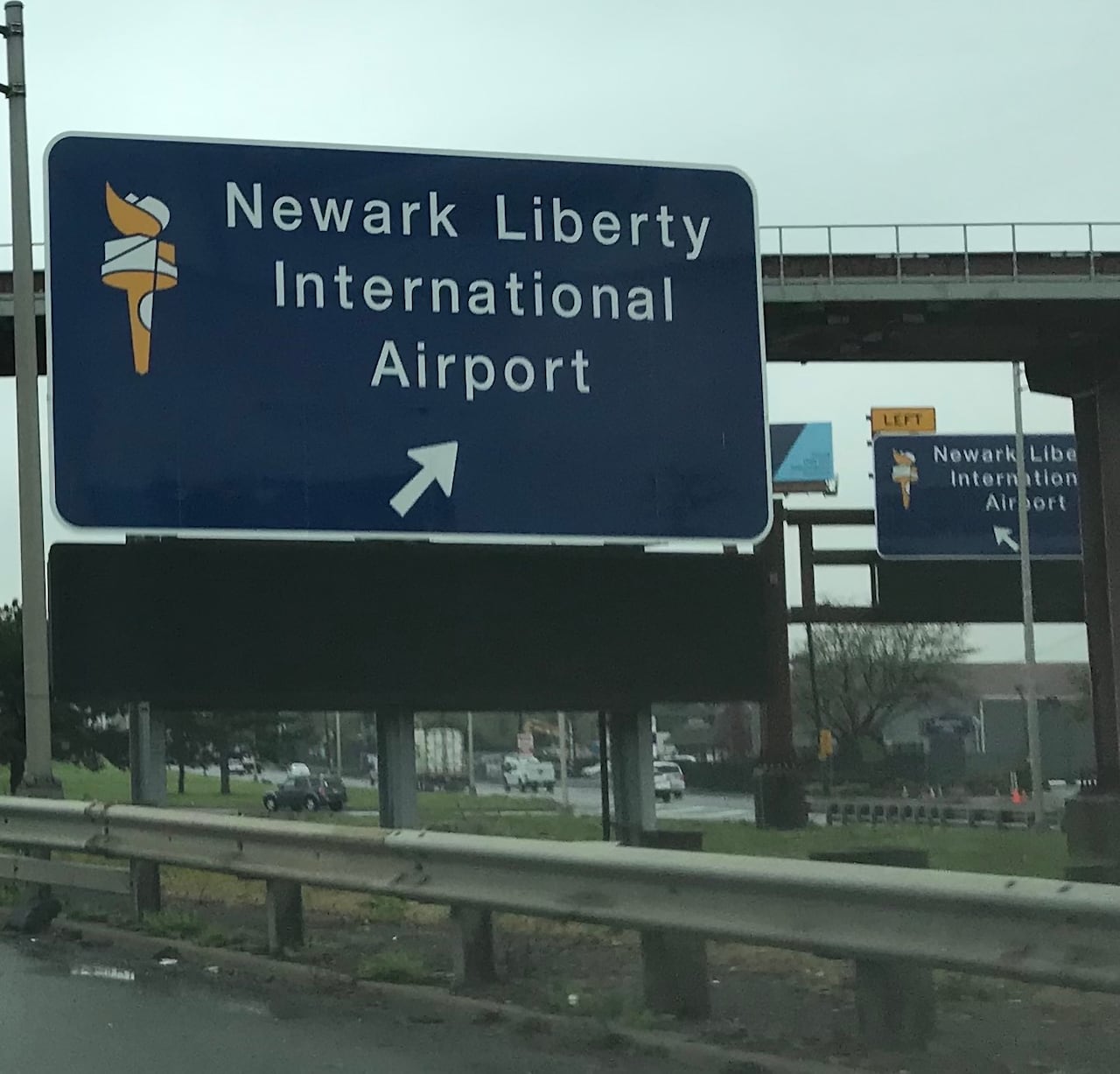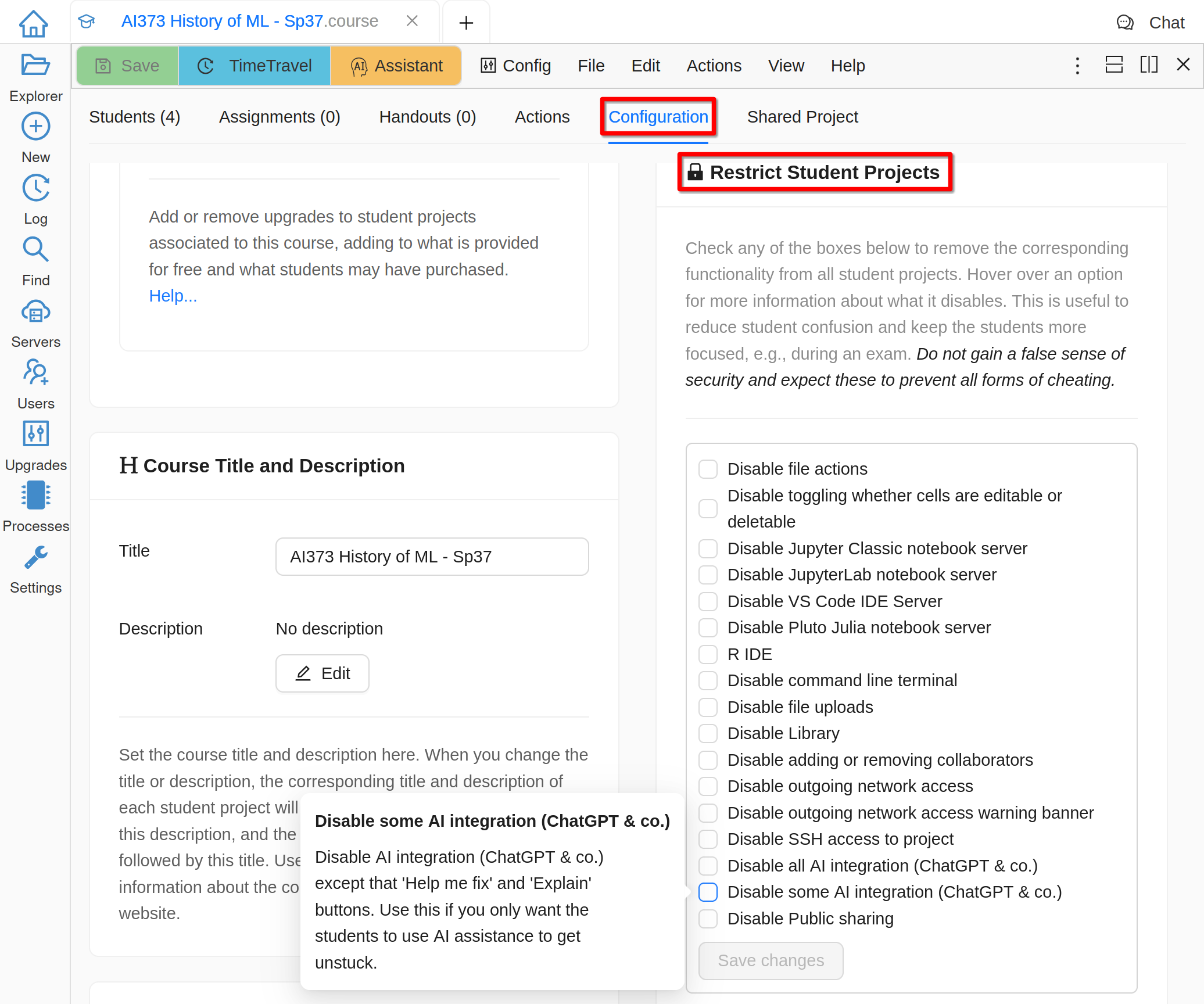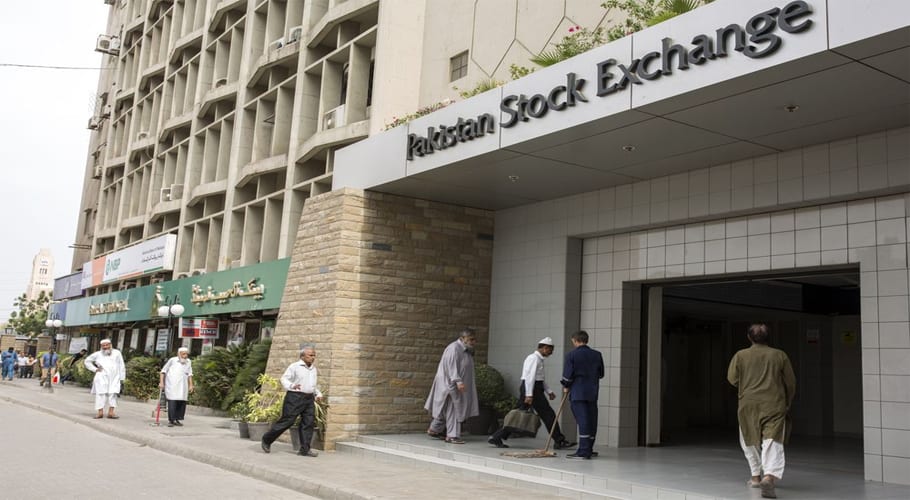The Relationship Between NNPC, Dangote, And Petrol Pricing In Nigeria

Table of Contents
The NNPC's Dominance in Nigeria's Petroleum Sector
For decades, the NNPC has held a near-monopoly on petroleum importation in Nigeria. This dominance has profoundly impacted petrol pricing and market competition. Historically, NNPC was the sole importer of refined petroleum products, controlling supply and, consequently, prices. This has led to several key issues:
- Limited Competition: The lack of competition stifled innovation and efficiency, contributing to higher petrol prices for consumers.
- Fuel Subsidy Burden: The NNPC's role in the fuel subsidy regime has placed a massive financial burden on the Nigerian government, diverting funds from other crucial sectors. This subsidy, intended to cushion the impact of fluctuating global oil prices on citizens, has often been plagued by inefficiencies and corruption.
- Opaque Pricing Strategies: NNPC's pricing strategies have often lacked transparency, making it difficult to assess the true cost of petrol and the fairness of pricing mechanisms. This lack of transparency fuels public distrust and speculation.
- Government Regulation: The government's regulatory role in overseeing the NNPC has been a subject of debate, with questions raised about its effectiveness in controlling NNPC's actions and ensuring fair pricing for consumers. The balance between government oversight and NNPC’s operational autonomy continues to be a key challenge.
The Anticipated Impact of the Dangote Refinery
The Dangote Refinery, upon full completion, represents a potential game-changer for Nigeria's petroleum sector. With its massive refining capacity, it promises to significantly alter the landscape of petrol pricing and importation.
- Reduced Import Dependence: The refinery’s output could drastically reduce Nigeria's reliance on imported refined petroleum products, lessening the impact of fluctuating global crude oil prices and exchange rate volatility.
- Increased Competition: The entry of the Dangote Refinery into the market is expected to foster competition, potentially leading to more competitive petrol prices. This increased competition could finally break the NNPC's near-monopoly.
- Price Stabilization: By increasing local refining capacity, the Dangote Refinery has the potential to stabilize petrol prices and reduce their susceptibility to external shocks.
- Challenges and Benefits: While the benefits are considerable, challenges remain. These include ensuring efficient and cost-effective refinery operations, securing adequate crude oil supply, and navigating complex regulatory hurdles. The long-term success of the Dangote Refinery in significantly impacting petrol prices remains to be seen.
External Factors Influencing Petrol Prices in Nigeria
Several external factors beyond the control of NNPC and Dangote significantly influence petrol prices in Nigeria:
- Global Crude Oil Prices: Fluctuations in the global crude oil market directly impact the cost of refining and importing petrol, subsequently affecting domestic prices.
- Exchange Rate Volatility: The Naira's exchange rate against the US dollar plays a critical role, as petrol is often imported and priced in dollars. A weaker Naira leads to higher petrol prices.
- Inflation and Economic Factors: Broader economic conditions, including inflation and general economic performance, influence the demand for petrol and its overall cost to consumers.
- International Market Dynamics: International market forces, such as geopolitical instability and supply chain disruptions, can cause price volatility.
The Interplay Between NNPC, Dangote, and Petrol Pricing
The interplay between NNPC and Dangote will be crucial in shaping the future of petrol pricing in Nigeria. Several scenarios are possible:
- Collaboration vs. Competition: NNPC and Dangote could collaborate on certain aspects of the petroleum industry, leveraging each other's strengths. Alternatively, they could engage in direct competition, potentially benefiting consumers through lower prices.
- Government Policy's Role: The government's policies and regulations will play a defining role in shaping the relationship between NNPC and Dangote and ensuring a fair and competitive market. The regulatory framework will determine the extent of price competition.
- Market Dynamics Post-Dangote Refinery: Once the Dangote Refinery is fully operational, the market dynamics will shift considerably, leading to potentially lower prices and increased competition. This will undoubtedly reshape the landscape of the Nigerian Petroleum Industry.
- Synergies and Challenges: While there's potential for positive synergies, challenges will arise in integrating the new refinery into the existing system and managing potential conflicts of interest.
Conclusion
This article explored the intricate connections between NNPC, Dangote, and petrol pricing in Nigeria. We examined NNPC's historical dominance, the anticipated impact of the Dangote Refinery, and the influence of external factors. The relationship between these entities is complex and will continue to shape the future of fuel prices in the country. Understanding the relationship between NNPC, Dangote, and petrol pricing is crucial for navigating Nigeria's energy future. Stay informed about developments in the Nigerian petroleum industry to better understand the ongoing effects on NNPC, Dangote, and petrol pricing in Nigeria. Further research and analysis are needed to fully grasp the implications of this dynamic interplay.

Featured Posts
-
 Harry Styles Devastating Reaction To A Bad Snl Impression
May 10, 2025
Harry Styles Devastating Reaction To A Bad Snl Impression
May 10, 2025 -
 Top 10 Film Noir Classics From Beginning To End
May 10, 2025
Top 10 Film Noir Classics From Beginning To End
May 10, 2025 -
 Air Traffic Controller Safety Warnings Preceded Newark System Failure
May 10, 2025
Air Traffic Controller Safety Warnings Preceded Newark System Failure
May 10, 2025 -
 Uk To Restrict Student Visas Impact On Asylum Seekers
May 10, 2025
Uk To Restrict Student Visas Impact On Asylum Seekers
May 10, 2025 -
 Pakistans Stock Market Volatility Causes Psx Portal Outage
May 10, 2025
Pakistans Stock Market Volatility Causes Psx Portal Outage
May 10, 2025
